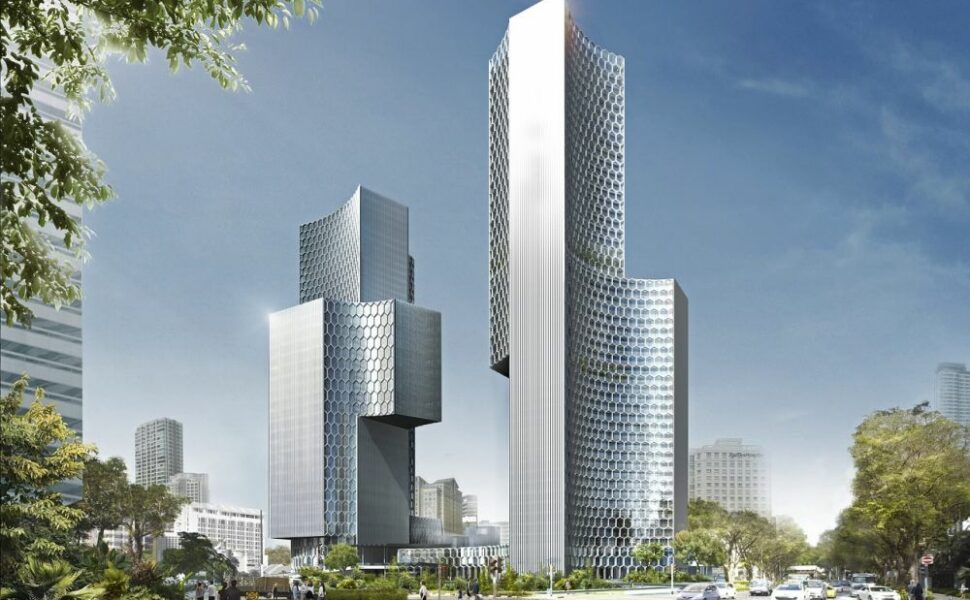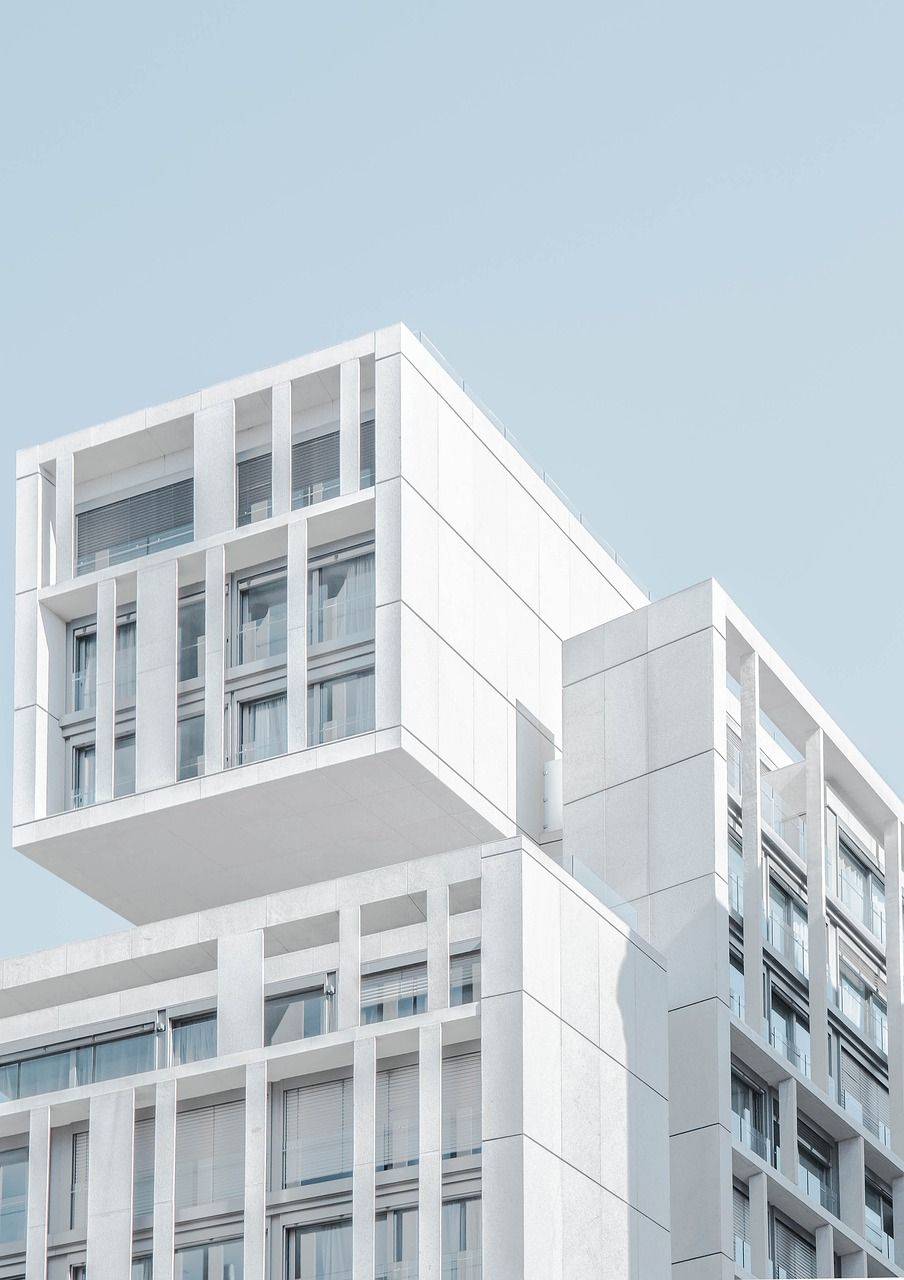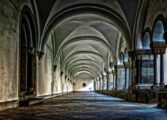Arkitektur Malmö: En dynamisk mix av tradition och framtid

Introduction:
Malmö, the third-largest city in Sweden, is renowned for its vibrant architectural scene. In recent years, the city has experienced significant urban development and transformation, resulting in a diverse range of architectural styles that blend tradition with modernity. This article aims to provide a comprehensive overview of the architecture in Malmö, delving into its types, popularity, quantitative measurements, differences, and historical context.
An Overview of Architecture in Malmö

Malmö’s architecture reflects its rich history and cultural significance. The city boasts a mix of old-world charm and contemporary designs, making it an architectural haven for enthusiasts. From medieval structures to modern skyscrapers, Malmö offers a varied architectural landscape that showcases the city’s multifaceted identity.
A Comprehensive Presentation of Architecture in Malmö
Architecture in Malmö encompasses various types, each with its distinct characteristics. The city showcases a balance between historic preservation and innovative designs, providing a comprehensive architectural experience for residents and visitors alike. Notable architectural styles in Malmö include:
1. Medieval Architecture: Malmö Castle, built in the 15th century, represents a prime example of medieval architecture in the city. The castle’s towering walls and impressive fortifications provide a glimpse into Malmö’s past.
2. Scandinavian Modernism: Malmö has embraced the principles of Scandinavian design, characterized by simplicity, functionality, and minimalism. The Turning Torso, a twisting skyscraper designed by Santiago Calatrava, exemplifies this style and has become an iconic symbol of Malmö.
3. Post-Modernism: Malmö exhibits a range of post-modernist architectural structures, known for their playful use of forms, colors, and materials. The Emporia shopping center, with its futuristic design, is a prominent example of post-modern architecture in the city.
4. Sustainable Architecture: Malmö has also become a pioneer in sustainable architecture, with numerous environmentally friendly buildings. The Green Meadow, a residential area with energy-efficient buildings and green spaces, showcases Malmö’s commitment to sustainable urban development.
Quantitative Measurements of Architecture in Malmö
To further understand the architectural scene in Malmö, we can delve into some quantitative measurements:
1. Number of Buildings: Malmö is home to a diverse range of architectural structures, with thousands of buildings, both residential and commercial, spread across the city.
2. Height of Skyscrapers: The Turning Torso stands as the tallest building in Malmö, measuring approximately 190 meters in height.
3. Green Spaces: Malmö boasts an extensive network of parks, gardens, and public spaces, contributing to the city’s overall architectural harmony and livability.
4. LEED Certification: Malmö ranks high in terms of sustainable architecture, with numerous buildings achieving LEED certification for their energy efficiency and environmental performance.
A Discussion on the Differences in Architecture in Malmö
Each neighborhood and district in Malmö presents its architectural character, contributing to the city’s diverse architectural tapestry. From the picturesque old town with its cobblestone streets and colorful facades to the modern developments in Västra Hamnen, Malmö offers a range of architectural styles that cater to various tastes and preferences. The city’s commitment to preserving historic buildings while embracing contemporary designs further accentuates the differences in architectural styles across Malmö’s neighborhoods.
A Historical Review of the Pros and Cons of Architecture in Malmö
Throughout history, Malmö has experienced both advantages and drawbacks regarding its architectural development. The preservation of historical structures, such as Malmö Castle, has allowed residents and visitors to connect with the city’s past. However, rapid urbanization and modernization have led to the demolition of some significant architectural landmarks, raising concerns for cultural heritage preservation. The city has made strides in recent years to strike a balance between progress and preservation, creating a more sustainable and culturally rich architectural environment.
– Showcasing Malmö’s iconic buildings and architectural diversity]
Conclusion:
Malmö’s architecture is a testament to its ever-evolving identity, blending tradition with innovation. From medieval castles to avant-garde skyscrapers, the city’s architectural scene offers something for every enthusiast. By preserving its historical heritage and embracing sustainable and modern designs, Malmö showcases its commitment to creating a harmonious and aesthetically pleasing environment for its residents and visitors. Explore Malmö’s architectural wonders and experience a city that seamlessly blends the old with the new.
















































